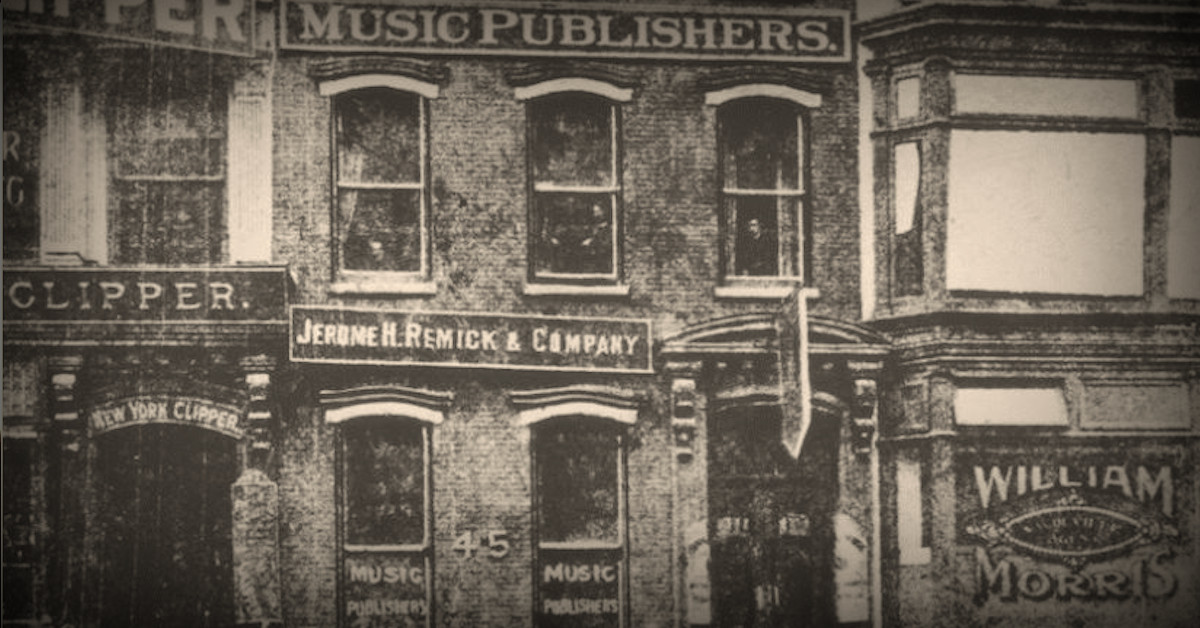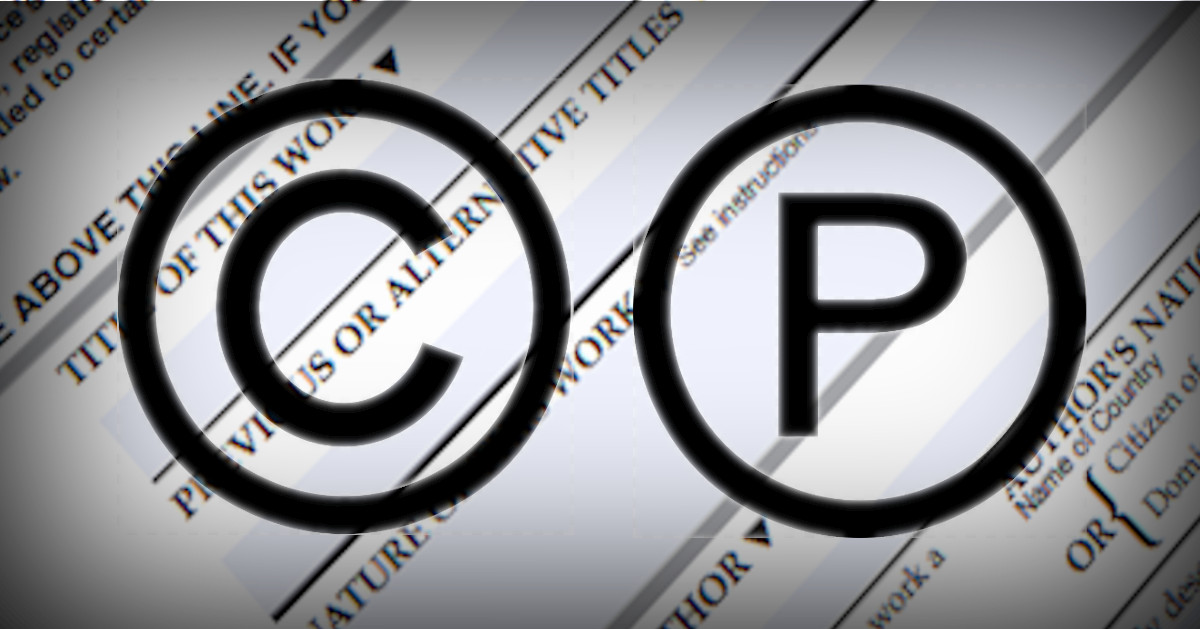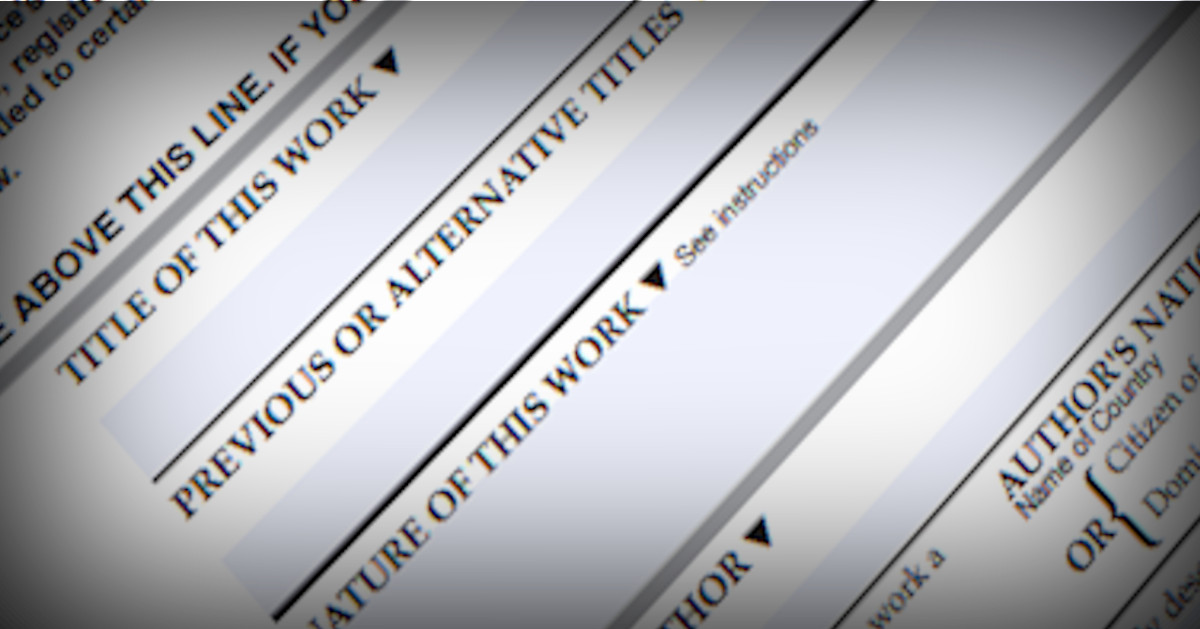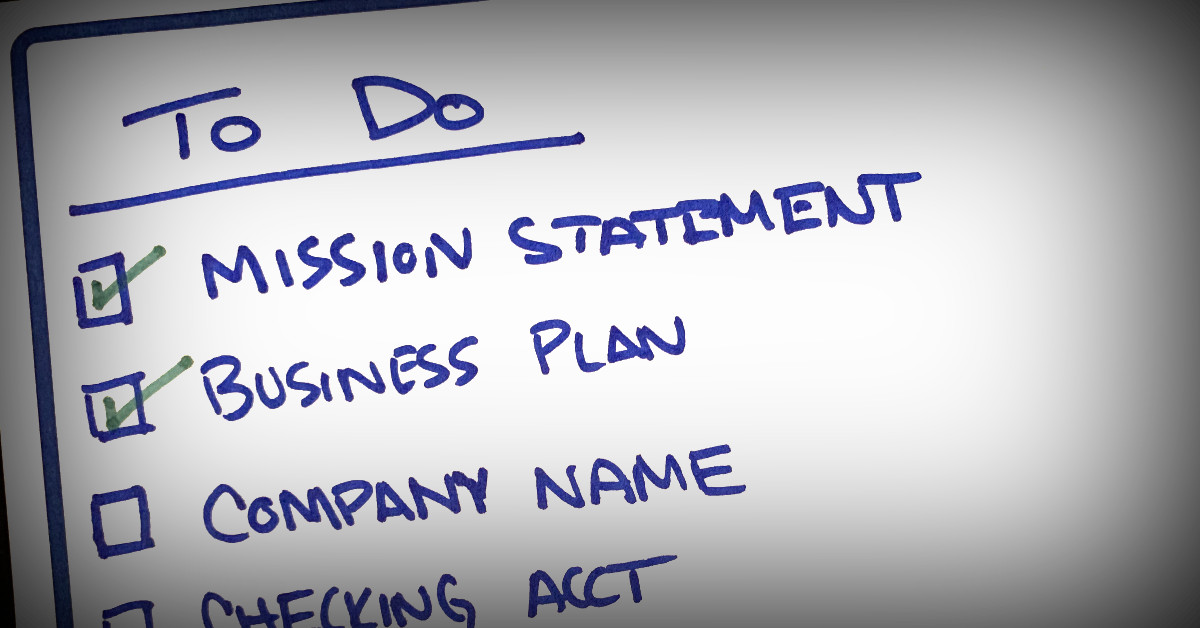Articles

What is 'Publishing' and Why Should You Keep It?
by Mark Alan V.
When a very young guitar virtuoso Steve Vai sought advice of his employer and mentor Frank Zappa, he was probably expecting words of wisdom on songwriting, performing or something around improving his musicianship. The response he got instead was "Keep your publishing" ... "Thats your retirement". Frank then directed Steve to a lawyer who helped him get his publishing company established and taught him the business side of the biz. Steve has gone on to say that Frank's advice has saved him millions over the years.
To understand what is Music Publishing, and why you may want to ‘keep it', we must first look at what are Copyrights and what do they provide you.
Copyrights are exactly what they sound like, the rights to make copies. They are the legal rights and protection given to creators of intellectual property which states they are the only ones who can legally reproduce and profit from what they created. Furthermore, if the copyright holder so desires, they can grant others the rights to reproduce and profit from it as well. Of course, in exchange, they are compensated with a share of the earnings known as royalties.
Today, reproducing a song includes playing it live, recording it and distributing copies, streaming, syncing with movies, tv or commercials and so on. Each of those items are considered a 'copy' and only the copyright owner, or someone with a license, can do so.
Now, back in the days before radio and the phonograph, live music was all you had. While many a song were taught around the campfire, the preferred, and profitable way, of getting music to the masses was by manufacturing and selling sheet music. Whether it was for a large bands and orchestras, or for the family to gather around and listen to little Margaret on the piano, publishers of printed music where the record labels of the day. And the impact the music publisher had on the industry was just starting.
Much like what publishers of books and periodicals do, back then a music publisher manufactured, distributed and marketed the sheet music. Typically, a publisher would enter into an arrangement with the composer to print, distribute and market the composition. In exchange for assuming all the risks, the publisher would often obtain up to 50% of the ownership of the copyright from the composer. This not only gave the publisher legal rights to reproduce or license the composition, but guaranteed their share of the royalties.
In those days, royalties earned from the sale of sheet music were dubbed Mechanical Royalties. That because, as opposed to reproducing the composition via live performance, it was reproduced via mechanical means...a printing press. This is important to differentiate because as technology advanced, more and more sources of earnings would fall into either the performance or mechanical classification.
As time went on and new mediums were adopted, the role of the music publisher expanded into brokering licenses and collecting royalties for live performances, placing compositions with recording artists, granting sync licenses for movies, tv and in commercials, to name a few.
With all the opportunities out there for a publisher to make a songwriter money, why wouldn't someone want to enter into a publishing agreement? Well, aside from the obvious, giving up 50% of their ownership, thus 50% of the royalties, the copyright holder no longer has 100% control of with whom, or where, the song is placed. While sitting back and letting someone else do all the work may sound great for some, others take issue with their work being recorded by certain artists or even used for commercial purposes.
Case in point, in 1987, EMI-Capitol licensed the Beatles' song ‘Revolution' to Nike for $250,000 to be used in a television commercial, much to the dismay of the remaining members of the Beatles. This was the first time one of their songs had been used in a commercial and as the lawsuit launched to stop it stated, the band does not "endorse or pedal sneakers or panty hose". Unfortunately for the remaining members of the fab 4, EMI-Capitol was within their legal rights to license the song because they owned the sound recording, and at the time, the King of Pop, Michael Jackson, owned the publishing on many of Paul McCartney and John Lennon's songs. Paul and the estate of John had little say in the matter. But don't cry too much, they likely still received their songwriter shares of the licensing deal with Nike.
Now, this is one of those cases when the songwriters and the recording artists were one in the same. So the songs they wrote and the music they recorded was reflective of who the Beatles were, and they didn't want to be used to sell products. But what about those who just want to make a living writing music for other artists? Well, the right publishing deal could be a very prosperous partnership. From Tin Pan Alley to Music Row, publishers have helped bring some of the greatest modern music to the masses and put food on the table of those creating it. But, the wrong publishing deal could end up with a song used in a less than desirable situation or worse, collecting dust and the songwriter having no rights to use it.
So back to why Frank told Steve to keep his publishing? When the composer and the recording artist are the same person, a publisher's role in that arrangement is pretty much administrative. They work with the Performance Rights Organizations around the world, help with filing copyright registrations, collecting royalties and licensing, and occasionally conduct audits. In this case, the composer can partner with a Publishing Adminstrator who would faciliate the administrative duties for a small percentage, but not assume any ownership. This way, the composer keeps 100% control and the vast majority of the earnings.
Your Band Is A Business
PA or SR, Single or Collection: Which Copyright Registration Approach Should You Take?
Selling Maggie's Farm: The Firesale On Songwriters' Catalogs
The First 5 Steps When Starting Your Music Company
More From The Web
- Source: DIY Musician
Musician Reflections and Resolutions for 2026
- Source: DIY Musician
CD Baby’s 2025 Year in Review
- Source: Music Business Worldwide
Bandcamp Fridays hit $154m in payouts since 2020, with $19m paid in 2025 alone
- Source: Music Business Worldwide
PRS for Music and IPRS strike licensing deal for Apple Fitness+ India launch
- Source: Music Business Worldwide
TikTok signs deal with Oracle consortium for US business
- Source: Music Business Worldwide
Vevo DSCVR Artists To Watch 2026: LaBlackie, ROA, Luz Gaggi, RNBOI
- Source: DIY Musician
Understanding Apple Music for Artists Analytics
- Source: Music Business Worldwide
From YouTube pulling its data from Billboard’s charts to HYBE’s new partnership with Tyla’s managers… it’s MBW’s weekly round-up
- Source: Music Business Worldwide
‘You need to leave your safeguards and walk into the fire.’
- Source: Music Business Worldwide
PPL’s royalty distributions jump 19.9% to $72.8M in final quarter of 2025



